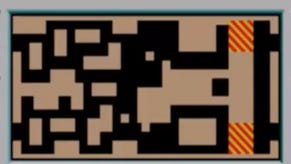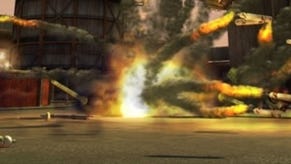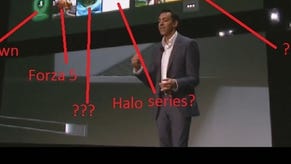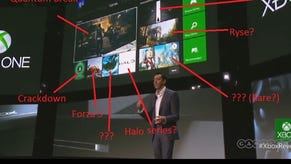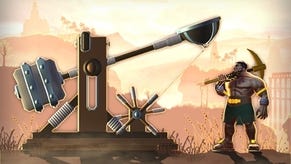Crackdown 2
Ping!
Even Ruffian's controversial cost-cutting measure of staging the sequel within the same space as the first game pays off. Pacific City is both warmly familiar and rendered new again by the ravages of a back-story that has toppled skyscrapers and ruptured concrete, providing you with lots of lovely new things to climb.
It offers you the rare pleasure, given the endless iterative rush of most games, to revisit an old playground, and the thrill of exploration is joined by the haunting charm of seeing how your favourite districts have changed: how the kidney bean racetrack around Shai-Gen has been broken up with barricades, how the old gym down by the beach has been swallowed by a quake, and how an ugly shanty town has erupted around that big house in the mountains where I once managed to get a truck stuck on a chimney pot. (Embarrassing!)
Everything clips into place sweetly and creates a game that, beneath its generic coating of crime, mutants and street-battling, is surprisingly hard to classify. Pacific City is snug compared to the likes of Just Cause 2 and in the very early stages you may find yourself longing for the speed offered by Rico's grapple hook - but you're rewarded with more detail and thought per square inch than Panau could ever afford you, and a gradual expansion of your own powers that makes your progress intoxicating.
Equally, the story may be negligible when held up against the Rockstar games, but Ruffian ultimately provides the perfect compliment to their appreciation of stage-setting and character: a glorious, free-wheeling playground where the focus is on action rather than motivation.
There are some disappointments, the biggest being the bespoke multiplayer modes. There's plenty of fun to be had in the game's roomy arenas, and that magical mixture of left-trigger targeting and traversal makes the transition to player-versus-player with admirable grace. But three modes - two of which have "deathmatch" in their titles - probably aren't going to be enough to lure people away from Modern Warfare. Rocket Tag, which revels in asymmetric combat as a tooled-up clan chases a lone player armed only with grenades, is thrilling to play, but it's not enough to make Crackdown's competitive online battling seem like anything other a victim of a hectic release schedule, a blueprint that will hopefully be expanded on in a sequel.
Beyond that, there are a few low-level glitches (one saw me triggering an Achievement before I'd actually earned it, which made me feel oddly guilty, while on another occasion the game failed to register the completion of a task at first) and some fiddly moments with controls, particularly when picking up new weapons, but frustrations tend to be minor and hardly game-ruining.
Besides, they're offset by everything that Ruffian gets right: the masterful way the developers have turned simple neighbourhoods into set-pieces; the moments where nightfall triggers neon signage that reveals a hidden pathway up the side of a skyscraper; the way in which a chain of seemingly random Agility Orbs picks out a perfect racing line of superhero bounds from one chimney to the next and off into the horizon. The cliché regarding this sort of game is that it changes the way you view your own world: I know for sure that I'll be seeing those last few Orbs in my dreams for months to come.
If you need any indication of Crackdown's brilliance, that's surely it, right? If you seek its monument, look around you.

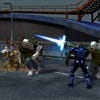
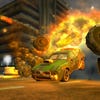
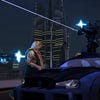
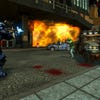
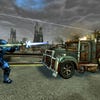
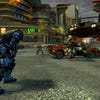
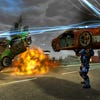
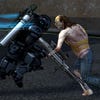
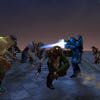
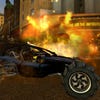
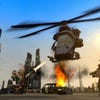
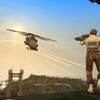
.jpg?width=291&height=164&fit=crop&quality=80&format=jpg&auto=webp)
